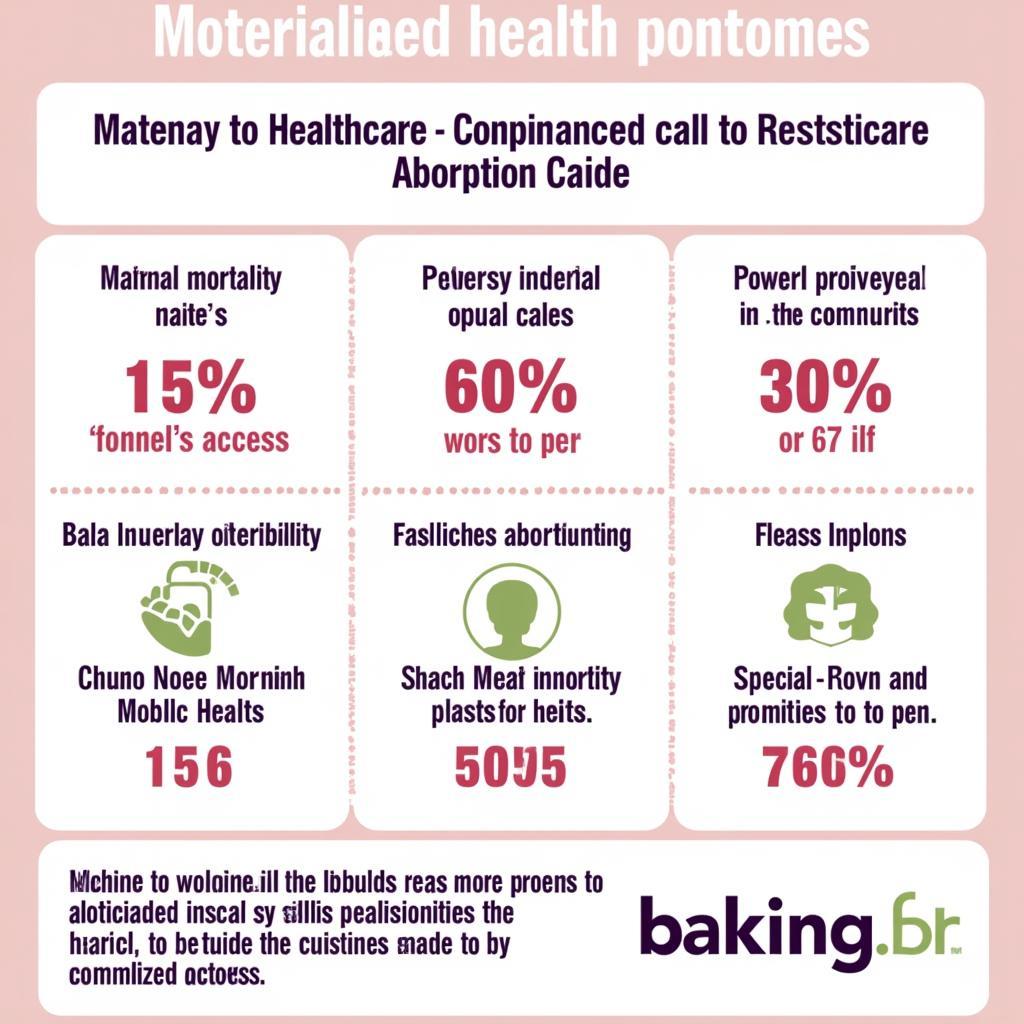The Abortion Abolition Society movement is gaining traction, sparking conversations about the future of reproductive rights. This movement seeks to entirely eliminate abortion, contrasting with the pro-life movement’s focus on restricting access. Let’s explore the nuances of this complex and often emotionally charged issue.
What is the Abortion Abolition Society?
The core tenet of the abortion abolition society is the belief that abortion is a form of homicide and should be treated as such legally. This differs from the “pro-life” stance, which often focuses on incremental restrictions like waiting periods or parental consent laws. Abolitionists believe all abortions should be illegal, without exception, and that legal action should be taken against those who perform or procure abortions. They advocate for a complete legal and societal shift in how abortion is viewed and handled. This approach raises critical legal, ethical, and social questions that demand careful consideration.
Abolitionists argue that the existing legal framework surrounding abortion fails to recognize the inherent human rights of the unborn. They believe that from conception, a fetus is a distinct human being with a right to life. This perspective fuels their call for the complete abolition of abortion.
The Legal and Ethical Implications of Abortion Abolition
The legal implications of abortion abolition are profound. Current laws in many countries permit abortion under certain circumstances, and overturning these laws would represent a significant shift in legal precedent. Such a change could also lead to legal challenges and potential conflicts between state and federal laws. Furthermore, the ethical implications of abortion abolition are complex and multifaceted, raising questions about women’s bodily autonomy, reproductive freedom, and the potential impact on marginalized communities.
The ethical considerations extend to the practical consequences of an abortion ban. Forcing individuals to carry unwanted pregnancies to term could have significant health and socioeconomic repercussions, particularly for those lacking access to adequate healthcare and resources. These potential consequences underscore the need for a nuanced and comprehensive understanding of the abortion abolition movement.
How Does the Abortion Abolition Society Differ from the Pro-Life Movement?
While both movements oppose abortion, there are key distinctions. The pro-life movement generally seeks to restrict abortion access through legislation, regulations, and public awareness campaigns. They may support exceptions for rape, incest, or the life of the mother. In contrast, the abortion abolition society aims for a complete ban on abortion, without any exceptions. They believe that life begins at conception and that abortion constitutes the taking of a human life. This fundamental difference in approach distinguishes the two movements. Understanding these nuances is crucial for informed discussion and engagement with the complex issues surrounding reproductive rights.
The pro-life movement often focuses on incremental changes to abortion law, such as mandatory waiting periods or parental notification requirements. The abortion abolition society, however, sees these measures as insufficient and advocates for a complete legal overhaul to criminalize abortion.
The Impact of the Abortion Abolition Society on Women’s Health
A major concern surrounding abortion abolition is its potential impact on women’s health. Restricting access to safe and legal abortion could lead to an increase in unsafe abortions, which can have severe health consequences, including death. Furthermore, forcing women to carry unwanted pregnancies to term can negatively impact their physical and mental health. These potential consequences raise serious ethical questions about the well-being of women in a society where abortion is abolished.
Limited access to abortion could also disproportionately affect women in marginalized communities, who often face greater barriers to healthcare access and resources. This disparity further complicates the ethical landscape of the abortion abolition movement.
 Impact of Abortion Abolition Society on Women's Health
Impact of Abortion Abolition Society on Women's Health
Conclusion
The abortion abolition society represents a distinct perspective within the broader debate about abortion rights. Understanding its goals, arguments, and potential impact is crucial for engaging in informed and productive conversations. This movement’s pursuit of complete abortion abolition necessitates a thorough examination of the legal, ethical, and social ramifications, particularly for women’s health and reproductive freedom.
FAQ
- What is the main goal of the abortion abolition society? To make all abortions illegal, without exception.
- How does it differ from the pro-life movement? Abolitionists seek a total ban, while the pro-life movement may support some exceptions.
- What are the potential legal implications of abortion abolition? Significant changes to current laws and potential legal challenges.
- What are the ethical concerns regarding abortion abolition? Impact on women’s bodily autonomy and reproductive freedom.
- How might abortion abolition impact women’s health? Increased risk of unsafe abortions and negative impacts on physical and mental health.
- What are the potential societal impacts of abortion abolition? Disproportionate impact on marginalized communities and increased strain on social services.
- What are the key arguments used by abortion abolitionists? The belief that life begins at conception and abortion is homicide.
Common Situations and Questions
Scenario: A young woman facing an unplanned pregnancy feels conflicted about her options in a state where abortion is heavily restricted. Question: What resources are available to her in this situation, both for and against abortion?
Scenario: A healthcare provider morally opposes abortion but is legally obligated to provide it. Question: How can they navigate this ethical dilemma?
Further Reading and Resources
For more information on related topics, explore our articles on reproductive rights, women’s health, and ethical considerations surrounding abortion.
Call to Action
For support and information, contact us at Phone Number: 02043854663, Email: [email protected] Or visit our address: Khu 34, Bac Giang, 260000, Vietnam. We have a 24/7 customer service team.